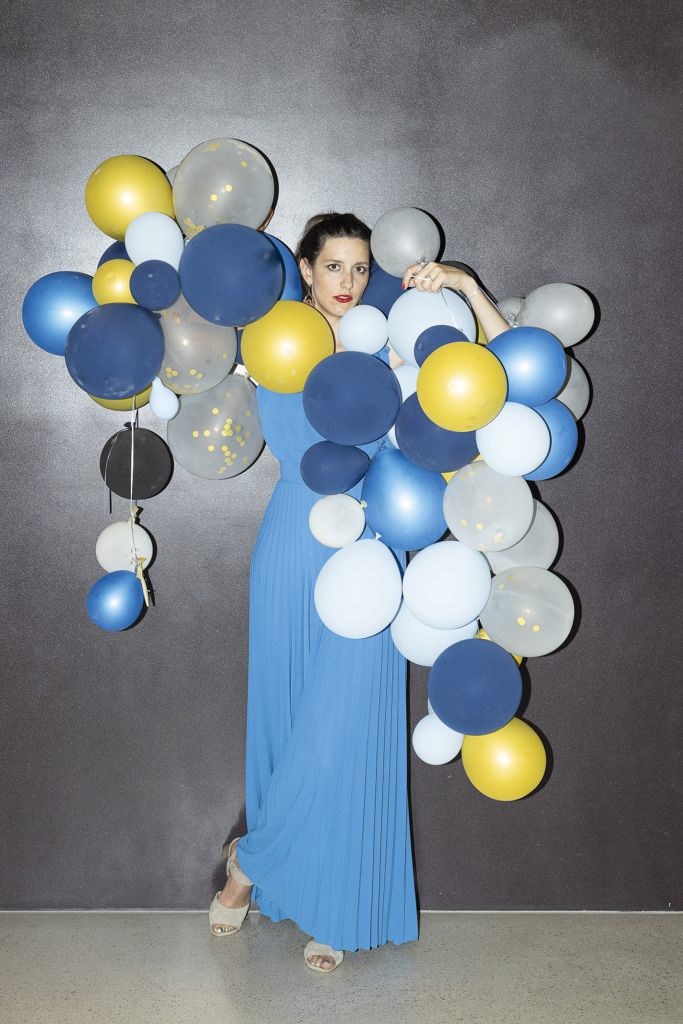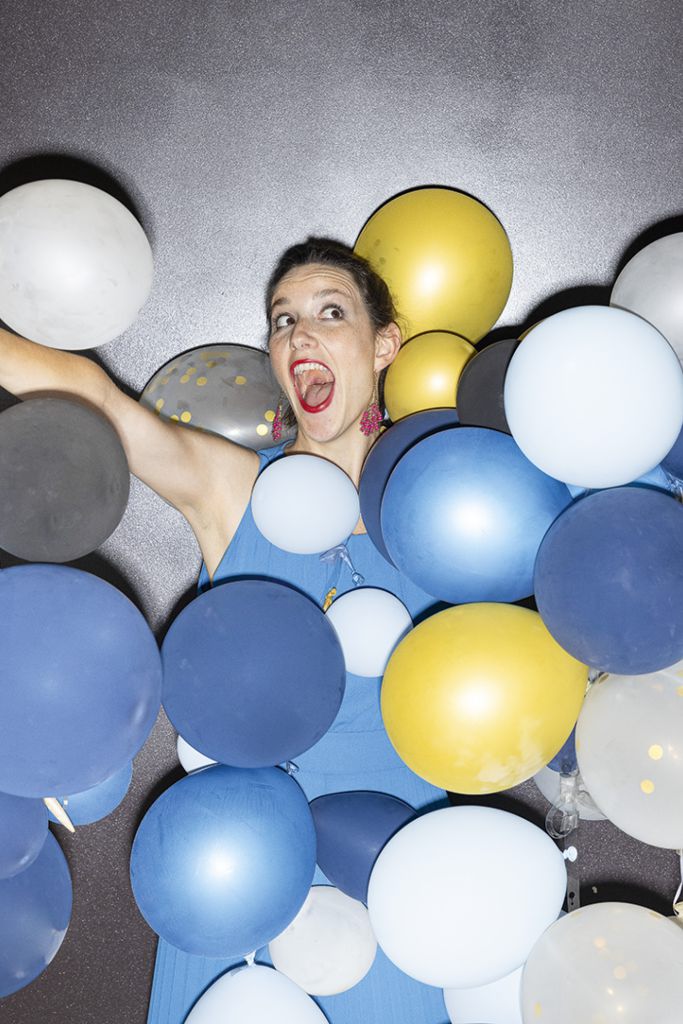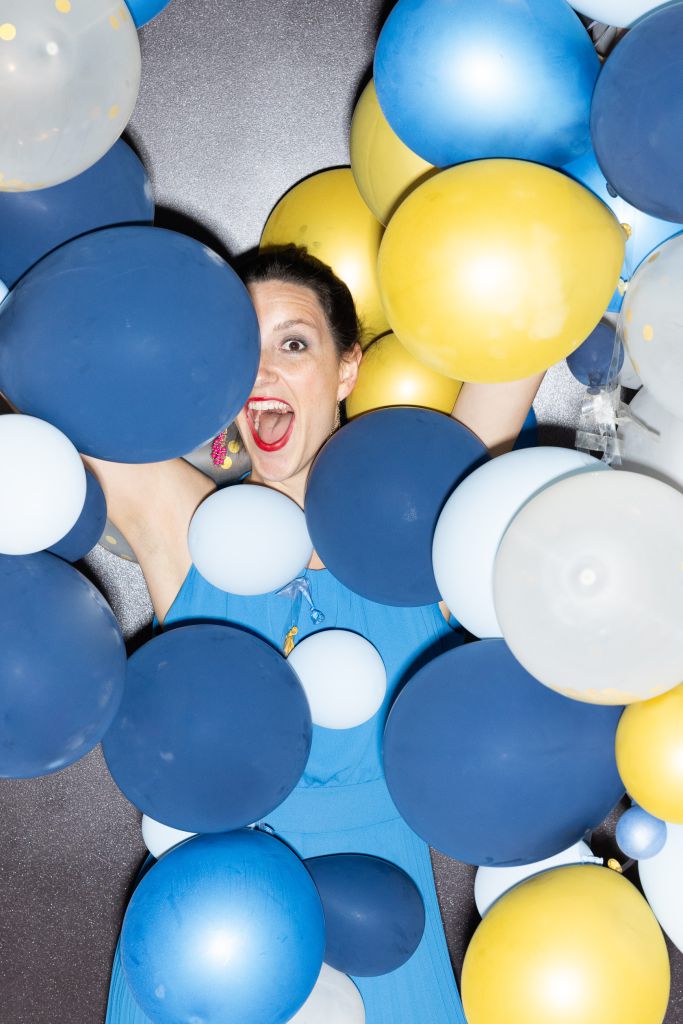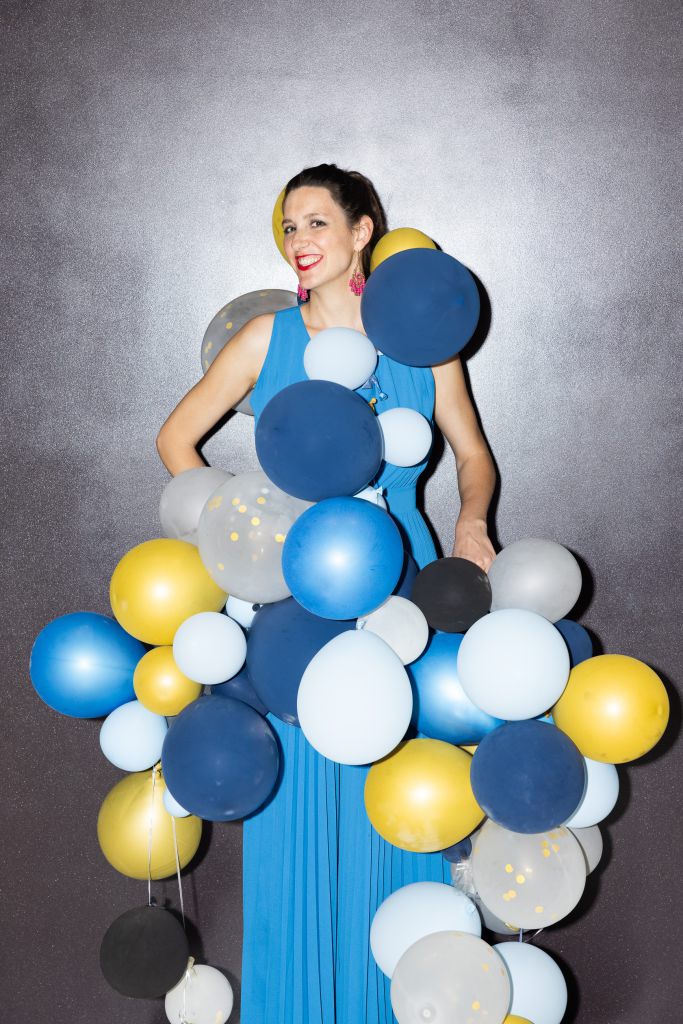Enrolled at the mdw since: 2016
Programme of study: Music Education (MEd.)

Favourite place at the mdw and why: The University Library sweeps me away to bygone worlds and unfamiliar ideas that can serve as sources of knowledge and inspiration for my own doings. It’s exciting to see what’s already been thought when you’re looking to develop new things and understand the present.
Favourite place in Vienna: I love the Pötzleinsdorfer Schlosspark with its tall grasses, the golden sun, and the option of stopping at a Heuriger on summer evenings.
What I wish I’d known back when I started studying here: Enthusiasm is the motor, but one does need to draw up one’s own enthusiasm ranking and also occasionally put off something fantastic until later in life.
When I make music, then… I need 15 minutes in order to withdraw from the world around me and arrive in practicing mode.

A question or theme with which I’m preoccupied currently or generally is… climate change and how to approach it artistically. It’s an abstract theme that’s often devoid of emotion—which is to say, it has everything that makes it difficult to reach people.
I feel that my greatest success thus far has been… learning to keep the flame burning high but my own pulse low. What I mean by this is that I no longer waste my energy on “stress” but instead use it for substantive work. And from that, I draw new energy for the fire that burns within me.
How do you think music education impacts society over the long term?
I think music education is becoming more important in Western societies when it comes to cultivating people’s creativity and individuality. One factor here is capitalist necessity, with creativity becoming more valuable in light of artificial intelligence. But on the other hand, music can also help us avoid the trap of individualistic egocentrism, instead growing into an open and more communitarian society with room for everyone to be an individual.

How do you think music teaching in the present day should look? Have the demands being made of it changed in recent years, and if so, how?
For one thing, I do think it’s important to include a dose of music history and theory in teaching at academic secondary schools. The ability to interpret music can be a wonderful thing, and I wouldn’t want to withhold that from anybody. But I also think the increased focus on practical music-making in recent years makes sense. Ideally, that gets school students enthused enough to want to learn more of their own accord.

To what extent do you think that additional training as a music educator is advantageous for those who work as artists?
Your own activities as an artist become freer when you explore and work in the field of music education. All of us in the cultural professions are characterised by a good bit of vanity, and we always want to hear some kind of echo. It’s thus that many of us tend to limit our interactions to our own intellectual bubbles. But when you listen carefully to your students in parallel with pursuing your own artistic work, the latter is joined by an echo that’s truly enriching.

